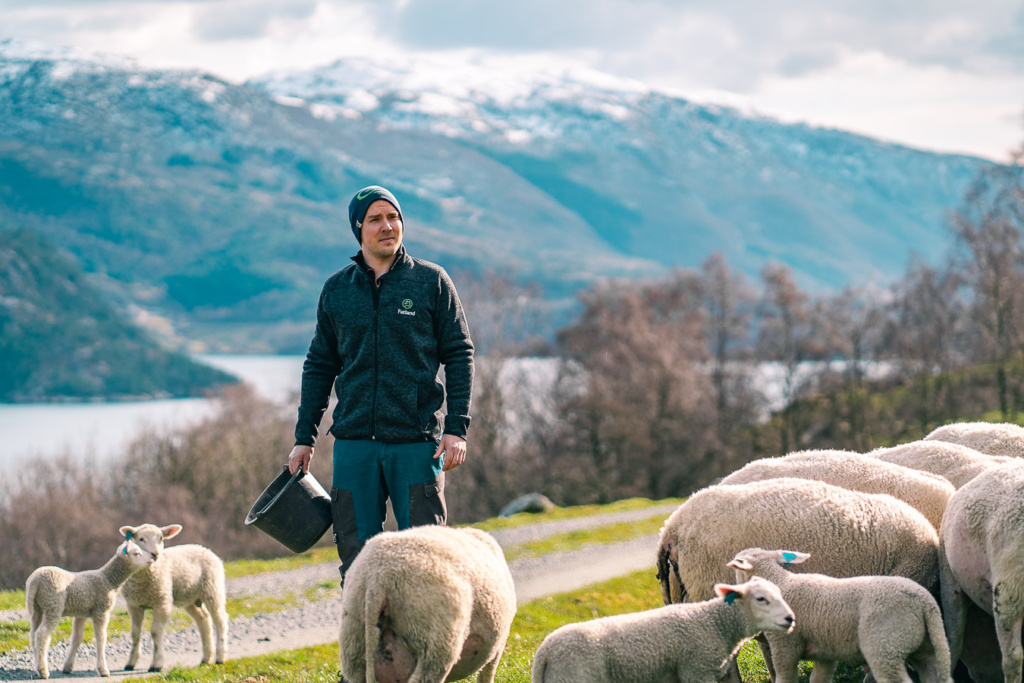Aker BP increases share of Norwegian meat offshore from 25 to 75 per cent
This applies to the lunch and dinner menus being served by the ESS catering company to offshore workers on all Aker BP installations, and will take effect starting 1 May this year.
“There are a lot of good reasons for increasing the share of Norwegian meat on our installations,” says Georg Vidnes, SVP Operations in Aker BP.
“The quality of Norwegian meat is good and we believe it’s important to support Norwegian farmers with this initiative. We also know that Norwegian meat ranks lowest in all of Europe when it comes to the use of antibiotics. Using local suppliers is sustainable and, not least, it’ll help ensure reliable deliveries when the meat is delivered locally,” says Vidnes.

Aker BP has nearly 200,000 overnight stays offshore each year, where about 400,000 plates of hot food are served for lunch and dinner. Significant amounts of meat and other ingredients are required for these offshore meals. ESS will be implementing the change to increase the share of an important main ingredient, Norwegian meat, from 25% to 75% on lunch and dinner plates.
“Prioritising Norwegian ingredients in the meat category, from Norwegian farms, strengthens the local economy and helps maintain jobs in the districts,” says General Manager Offshore of ESS, Ivan Vågstøl.
ESS views this as a considerable investment in Norwegian food production and value creation for Norwegian agriculture and the food industry.
“The Norwegian farmer is the cornerstone of our food supply network, and we’re proud to help showcase them and their products for our offshore guests,” says Vågstøl.
ESS looks forward to continuing its cooperation with Aker BP to promote Norwegian food production. Fatland, Jæder and Prima will supply the Norwegian ingredients.
“We’re very pleased that Aker BP is choosing to go local and support producers and businesses in Rogaland, as well as eventually on the Helgeland coast, to a greater extent than before,” says Stian Blom head SAFE representative in Aker BP, who proposed the increase through the works council (BU).
